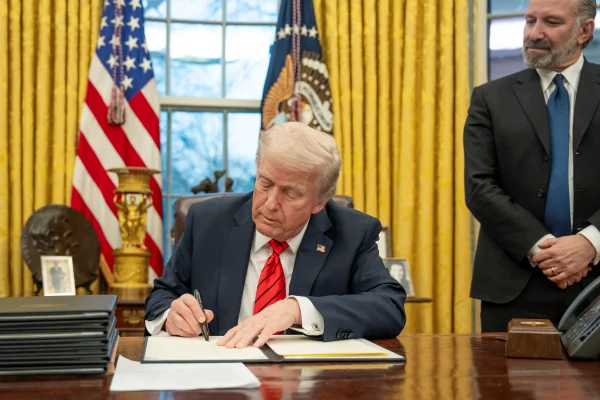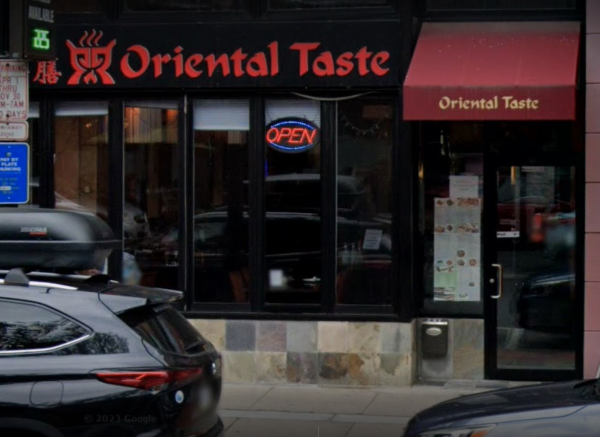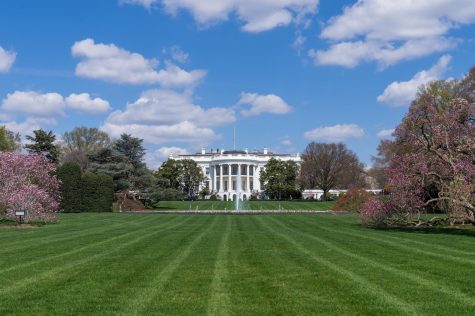Protests Continue in Iran
Twenty-one people have been killed and 3,700 have been arrested, including 40 to 68 students, after protests broke out Dec. 28 in the Iranian city of Mashhad.
These protests are a reaction to Iran’s sputtering economy, rampant corruption, and rising fuel and food prices. Iranians are angry, experts say, because they expected life to get better when severe sanctions were lifted after the deal in 2015 between the UN Security Council and Iran over its nuclear program, according to CNN.
Protests have been challenging the rule of Supreme Leader Ayatollah Ali Khamenei.
In 2013, the inflation rate hit 31% as the economic sanctions reduced Iran’s oil revenue and led to its currency, the rial, being devalued by more than 450%. Inflation has steadily decreased under President Hassan Rouhani. In 2016 it was 11%, according to the Central Bank of Iran. The World Bank expects inflation to remain below 12% over the next three years, according to BBC.
The official unemployment rate is 12.4%, but in some parts of the country it is more than 60%, according to Interior Minister Abdolreza Rahmani-Fazli.
Young people – more than half of the population of 79.9 million is under 30 – are among the worst affected. The International Labour Organization (ILO) estimates that 26.7% of 15-24 year old’s are unemployed. Underemployment is also high – 12.4% – among 15-24 year olds, according to the ILO.
David Chatson is a sophomore. He is very upset with how the protests have unfolded.
“Why weren’t they [Iran] able to install a system of government that is preferable to the majority of citizens?” he asked. “They recently had a revolution, and they should have their way, but apparently that didn’t happen which is kind of stupid. I understand why it’s oppressive now.”
In 1979 the Iranian revolution overthrew the Pahlavi dynasty under Mohammad Reza Shah Pahlavi.
The World Bank says that poverty in Iran fell between 2009 and 2013 to about 8%, although it increased to 10.5% in 2014 – President Rouhani’s first year in office. It estimates that 8.2 million people were living on less than $5.50 per day in 2014. About 2%, or 196,000 people, were living on less than $1.90.
Low-income families are dependent on a monthly cash transfer from the government worth about $13 that some 77 million Iranians receive. Hassan Rouhani’s draft budget would cut the payments by 5.3 billion in total which would reportedly affect 30 million people.
He also proposed raising the price of gasoline by 50%, from $0.30 per litre to $0.45, according to BBC.
“With Iranians becoming poorer in real terms and the prices of many basic foodstuffs increasing by about 40% in the past year, many people simply cannot afford to buy as much food,” a BBC report explained. A 50% rise in the price of eggs – the result of a nationwide hen shortage caused by an outbreak of bird flu – was reportedly a trigger for the protest in Mashhad, the first in the latest unrest which quickly spread across the country.”
Xander Rogers is a senior. He is very supportive of the way the Iranian protesters have reacted.
“I believe that the people of Iran have a significant right to protest because of the failing economy, rising fuel and food prices, and an unstable government,” Xander said.
President Donald Trump stepped up his war of words with Iran’s leaders. In a recent tweet he wrote: “great Iranian people have been repressed for many years. They are hungry for food and freedom.” He aadded in capital letters “TIME FOR CHANGE!”
Vice-President Mike Pence took an even stronger tone in support of the protesters.
He tweeted: “The bold and growing resistance of the Iranian people today gives hope and faith to all who struggle for freedom and against tyranny. We must not and we will not let them down.”
He spoke of the “shameful mistake” of not supporting previous Iranian protesters.
The Green Movement in 2009 saw millions of protesters dispute the election victory of incumbent president Mahmoud Ahmadinejad.
The protests were brutally suppressed, with at least 30 people killed and thousands arrested.
The latest US approach has infuriated Iran.
Hassan Rouhani described the US president as an “enemy of the Iranian nation from the top of his head to his very toes.”
The EU, meanwhile, called on Iran to guarantee its citizens’ right to peaceful protest, saying it had been in touch with Iranian authorities and was monitoring the situation.
Meanwhile, UK Foreign Secretary Boris Johnson told the BBC that “the UK is watching events in Iran closely. “We believe that there should be meaningful debate about the legitimate and important issues the protesters are raising,” Johnson said, “and we look to the Iranian authorities to permit this.”
Mark Woort-Menker is a PG student from Fort Lauderdale, Florida. He is originally from Westchester, New York and just moved to Florida. He enjoys playing...











